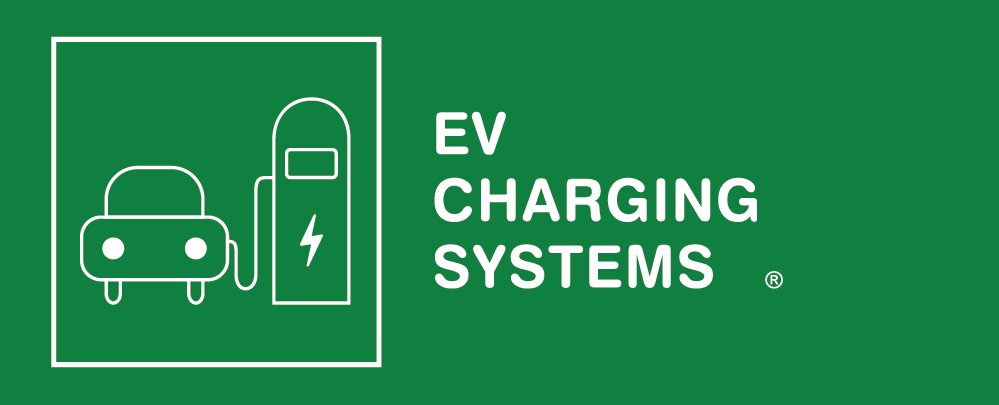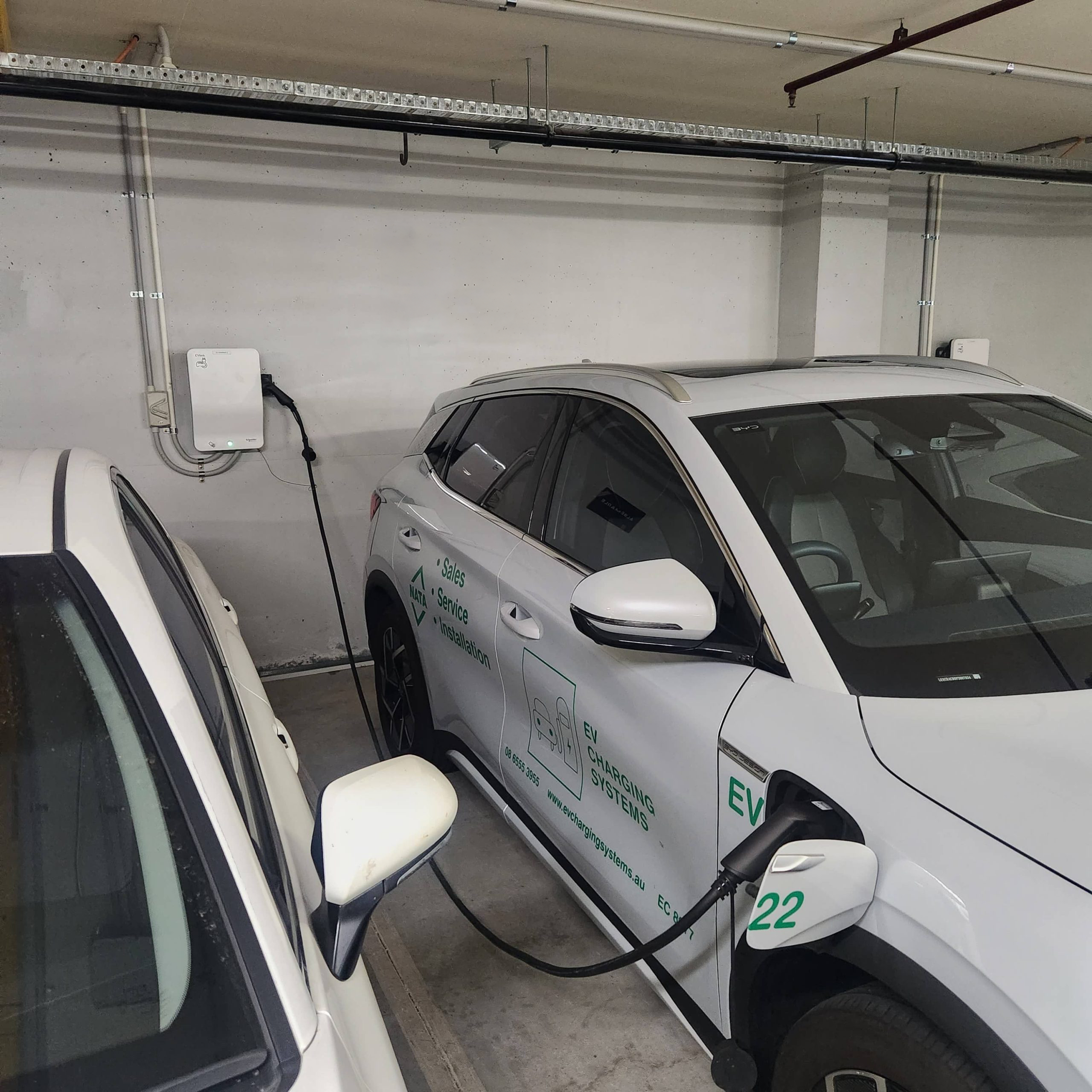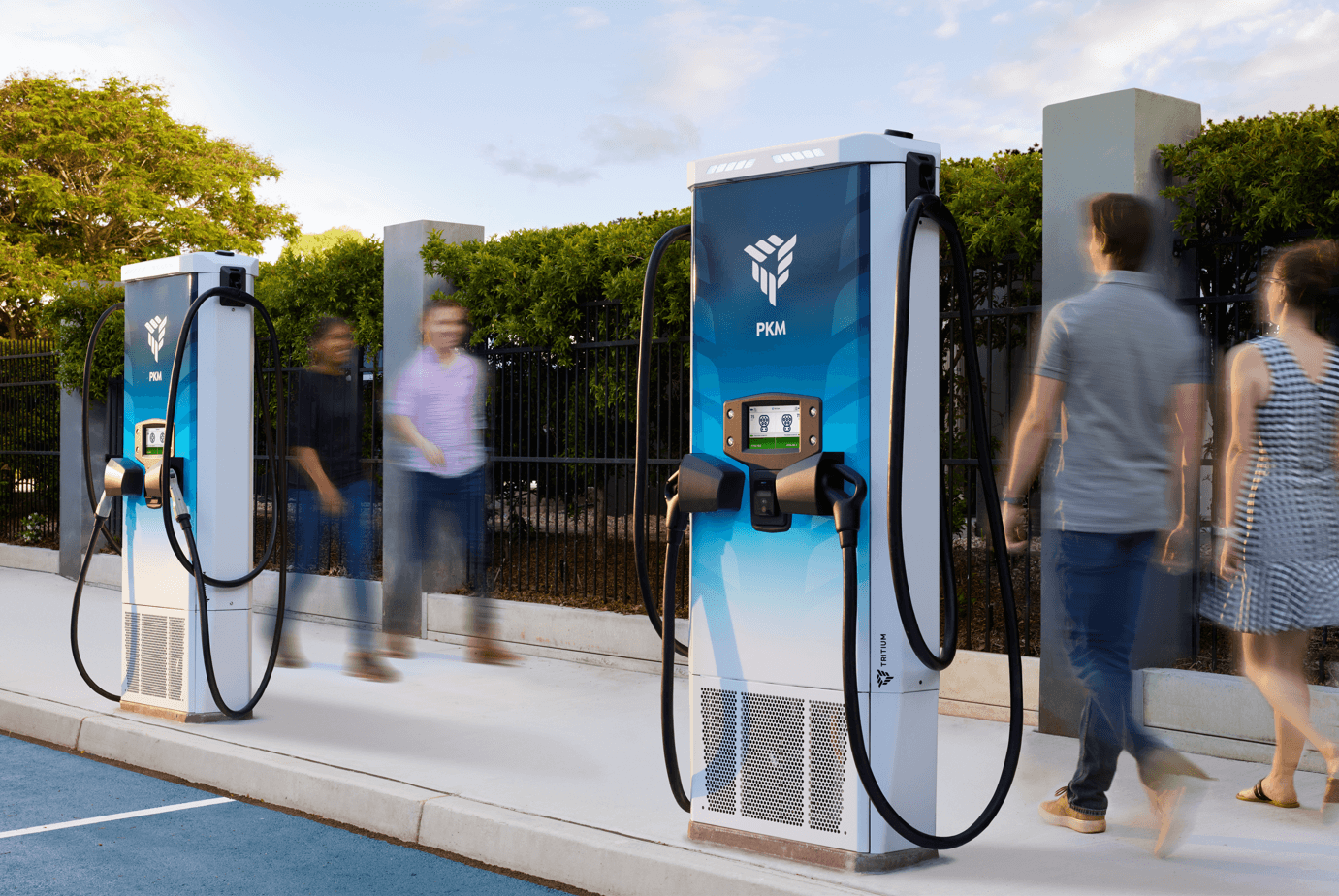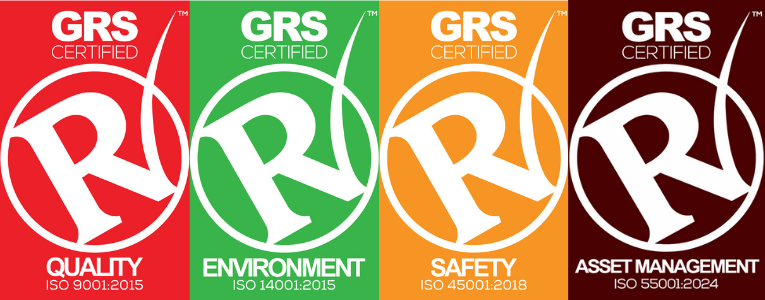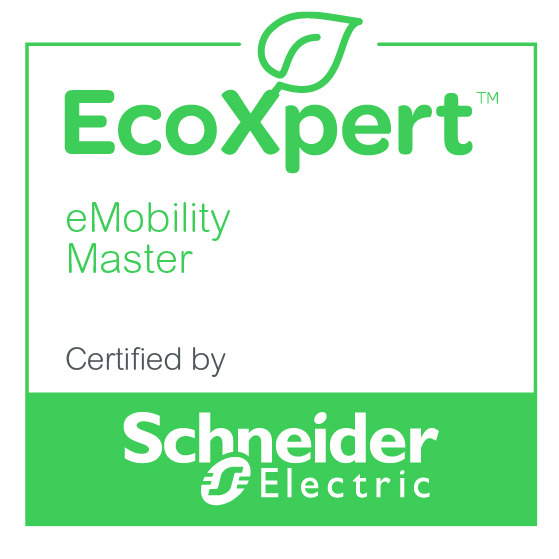Charging an electric car can take as little as 30 minutes up to 12 to 16 hours or more depending on the EV model and charging station.
Here, we’ll look at how long it takes for electric cars to charge and the factors that affect how fast they charge.
Quick Summary:
- An electric car can charge in as little as 30 minutes or it can take 12 hours or more
- Charging time is dictated by the size of your vehicle’s battery and the maximum speed of the charging station
- 7kw is a common power rating for home chargers while public charging stations can offer power ratings up to 150kWh
- 22kWh is an uncommon home power rating as it requires 3-phase power
- The slower the charging point and the bigger your car’s battery, the longer your charging time will be
- 150kWh rapid charging stations offer the fastest charge times but they are the costliest method
- The main factors that affect an electric vehicle’s charging time include battery level, battery size, environmental factors, maximum vehicle charging rate, and max power output of the charging station
How Fast Do Electric Cars Charge?
Home charging stations typically have a power rating of 3.7kW or 7kW, with 7kW being the most popular option.
These chargers usually require leaving your electric vehicle to charge overnight. Charging times for home charging points range from 8 to 12 hours.
22kw fast chargers can typically charge an electric vehicle in a matter of hours, usually around 4 to 6.
Rapid chargers (43-50 kW and 150kW) offer the fastest charging capabilities for electric vehicles. Some rapid chargers can fully charge an electric vehicle in 30 to 40 minutes.
Note: All electric cars can charge on compatible charging stations but they are limited to the maximum charge rate they can accept.
You May Also Like: How to Prepare Your Home for EV Charging
How Long Does It Take to Charge an Electric Car at a Public Charging Station?
Most public charging stations feature rapid DC chargers (up to 150kW).
These rapid charging stations can fully charge typical electric vehicles in as little as 30 to 40 minutes. For instance, an electric car with a 60 kWh battery can go from empty to full at a rapid charging station in around 30 minutes.
7kW public charge points will charge a 60 kWh electric vehicle in about 8 hours and a 22 kW chargepoint will take about 3 hours.
Rapid chargers offer the fastest EV charging times but are the most costly. Leaving your electric vehicle to charge overnight will be the most cost-effective option but requires scheduling charging time in advance.
How Long Does It Take to Charge an Electric Car at Home?
A 7kW home charger can charge a typical 60 kWh electric vehicle from empty to full in about 8 hours. This makes home chargers ideal for overnight charging. 3.7 kWh charging stations require about 16 hours to fully charge an electric vehicle at home.
Although uncommon, 22kW home chargers offer faster charging but require three-phase-power. This is rare in residential properties and costly to install and maintain.
How Long Does It Take to Fully Charge an Electric Car?
The time it takes to fully charge your electric vehicle from empty to full depends on the EV model, battery, and charging station.
Here’s a look at how fast approximately the top 5 most popular EVs in Australia charge:
| Vehicle | Empty to Full Charging Time | |||||
| Battery | Range | 15 Amp | 7kw | 22kw | 150kw | |
| Tesla Model Y | 75kWh | 480 km | 24 hrs | 11 hrs | 8 hrs | 40 min |
| Tesla Model 3 | 50 to 75kWh | 350 to 500 km | 21 hrs | 11 hrs | 4.5 hrs | 35 min |
| BYD Atto 3 | 50 kWh | 420 km | 17 hrs | 8.5 hrs | 8.5 hrs | 35 min |
| MG 4 | 72kWh | 440 km | 12 hrs | 11 hrs | 7 hrs | 38 min |
| Volvo XC40 | 78kWh | 418 km | 25 hrs | 12 hrs | 8 hrs | 30 min |
Factors That Affect Charging Speed
Several factors affect how fast electric cars charge. The main factors that affect charging speed include:
- Battery Level — Charging a battery that is empty will take longer than topping up a partially full battery. For this reason, many EV owners top up the battery throughout the day and wait to fully charge it overnight.
- Battery Size — Larger batteries take longer to charge.
- Environmental Factors — Colder ambient temperatures will result in slightly longer charge times. Colder temperatures also decrease the efficiency of electric vehicles, meaning you’ll generally get more range in the summer compared to winter.
- Max Vehicle Charging Rate — Your electric vehicle will have a maximum charge rate it can accept. This means using a 150kW chargepoint on a vehicle with a max charge rate of 22kW will not charge any faster.
- Charging Station’s Maximum Power Output — The time it takes to charge an electric vehicle depends on the charging station’s maximum charging rate. For example, if it is a 7kW chargepoint, your vehicle will only charge at that rate, even if it is capable of charging at a higher rate.
How to Estimate the Charge Time for Electric Vehicles
To calculate your electric vehicle’s charging time, divide the amount of charge needed by the charger’s power.
Here is a basic formula for calculating the estimated charging time for an electric vehicle:
Hours of charging time = Charge needed (Battery capacity in kWh – Remaining Capacity) / Charger power (kW)
*To find the charge needed, subtract the remaining capacity (kWh) from the total battery capacity (kWh).
Need Help Calculating How Fast Your Electric Car Will Charge?
How fast electric vehicles charge is dictated by the battery size of the car and the maximum power output of the charging station.
Have questions about your EV’s charging time or need help estimating how fast it will charge? EV Charging Systems is your trusted local solution for residential EV charging design, supply, installation, and maintenance.
We offer a complete range of home EV charging systems that are turnkey and tailored to your space, charging needs, and preferences. We can design and install a home EV charging station that prioritises efficiency and convenience and we are happy to answer your questions along the way.
Whether you’re looking to charge one car or several electric vehicles, contact us and we will provide a one-stop solution for all your home EV charging needs
